Editor's Choice
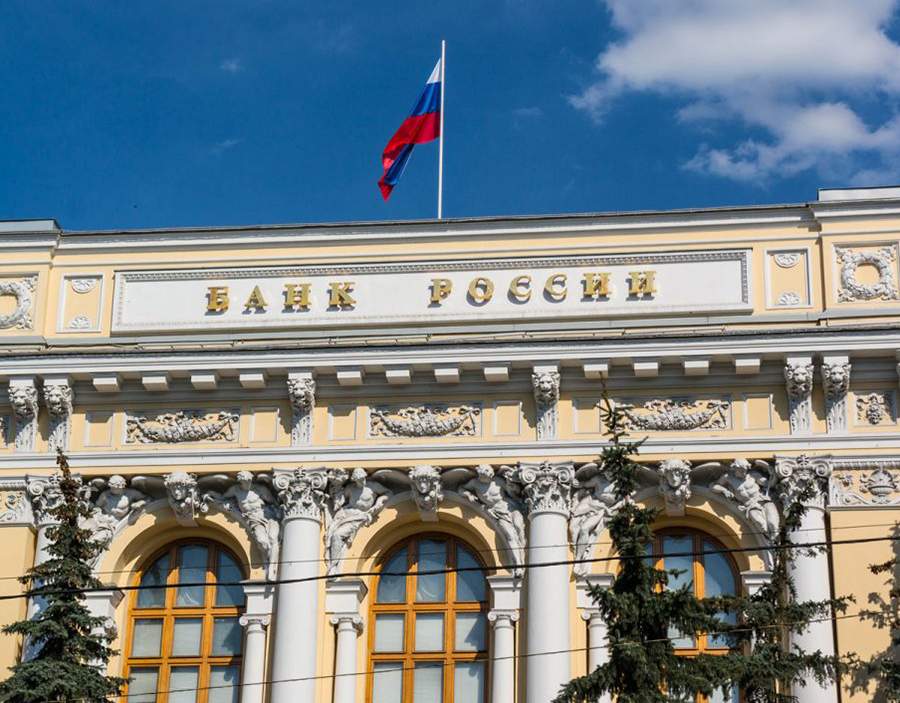
The Bank of Russia has proposed creating an experimental regime for cryptocurrency trading for investors with assets of 1.1 million dollars or more, strengthening the market and complying with strict regulations
The Bank of Russia has proposed creating a three-year experimental regime that would allow a limited number of investors with assets of at least 1.1 million dollars to trade cryptocurrencies. This is aimed at increasing the transparency of the crypto market and establishing standards for crypto services in the country. However, the use of cryptocurrencies for payments within Russia is still prohibited. As part of the program, it is also proposed to allow qualified companies to invest in cryptocurrencies, which could lead to a strategy similar to that of MicroStrategy.

Ripple receives the first regional license from the Dubai Financial Services Authority to provide regulated crypto payments and services in the Dubai International Financial Centre
Ripple, a leader in blockchain and crypto solutions, has received approval from the Dubai Financial Services Authority (DFSA) to provide regulated crypto payments and services in the Dubai International Financial Centre (DIFC). This is the first licensing of a blockchain payment provider in the region. The new step confirms the company’s commitment to complying with global standards and strengthens its position in the Middle East market. Ripple intends to offer UAE businesses solutions to accelerate and reduce the cost of international transactions, supporting growth and innovation in the region.

Governor of Nebraska signed the LB609 law to protect cryptocurrency ATM users, prevent fraud, and enhance control over the crypto industry
Nebraska Governor Jim Pillen signed the LB609 law aimed at preventing fraud with cryptocurrency ATMs and kiosks. The new law creates the "Controlled Electronic Records Fraud Prevention Act," ensuring protection for cryptocurrency service users. This is an important step for the development of the cryptocurrency industry in Nebraska, with the goal of increasing transparency and protecting citizens from criminals. Authorities are strengthening control to ensure the safety of cryptocurrency ATM users.

OKX receives the MiFID II license to launch derivative products in Europe, expanding offerings for institutional clients and highlighting commitment to strict regulatory standards
OKX has received the MiFID II license, which will allow the launch of derivative products for institutional clients in Europe after obtaining regulatory approval. This event has confirmed our commitment to strict compliance standards, including the MiCA license, making us a reliable platform for traders of all levels. We offer OTC trading, spot trading, bot trading, and copy trading, supporting 240+ cryptocurrency tokens and 60+ pairs with euros. The platform is available in local languages, supports local currencies, and offers free bank transfers in euros.

Cardano Foundation and Draper University launch a program to develop DeFi, DeSci, and innovative applications with grants and expert support

Vietnam and Singapore signed a Memorandum of Understanding to regulate the digital asset market and strengthen the fight against money laundering and terrorist financing

Indian authorities arrested Alexey Beshekov (Beschokov), the organizer of the cryptocurrency exchange Garantex, through which 96 billion dollars were laundered for criminal groups, including terrorists and drug traffickers

Bolivia will start using cryptocurrency to pay for fuel imports against the backdrop of a dollar shortage and economic crisis in the country's energy sector

The Lazarus group from North Korea uses malicious npm packages to steal cryptocurrency and developer data, including information from Solana and Exodus wallets

Franklin Templeton launches an ETF tracking the price of the cryptocurrency XRP, reflecting the growing interest in digital assets and expanding opportunities for investors

Sony has entered into a partnership with LINE to integrate four popular mini-games into the Soneium blockchain, offering new features for Web2 and Web3 users

1inch recovers $5 million stolen after an attack on the old version of the Fusion v1 smart contract, the hacker returned the funds by agreement with the platform

European regulators are investigating OKX's involvement in laundering $100 million from the hacked funds of Bybit, considering a potential violation of MiCA standards for cryptocurrency services
European regulators are investigating the possible involvement of the crypto exchange OKX in laundering $100 million stolen in a hacker attack on Bybit. Regulators discussed the matter at a meeting on March 6, considering whether services such as OKX's Web3 proxy and wallet should fall under MiCA regulations. According to Bybit's CEO, around $100 million of the $1.5 billion stolen was laundered through the OKX platform. The exchange denied the accusations and stated that there is no ongoing investigation by the EU, claiming that the information is false.
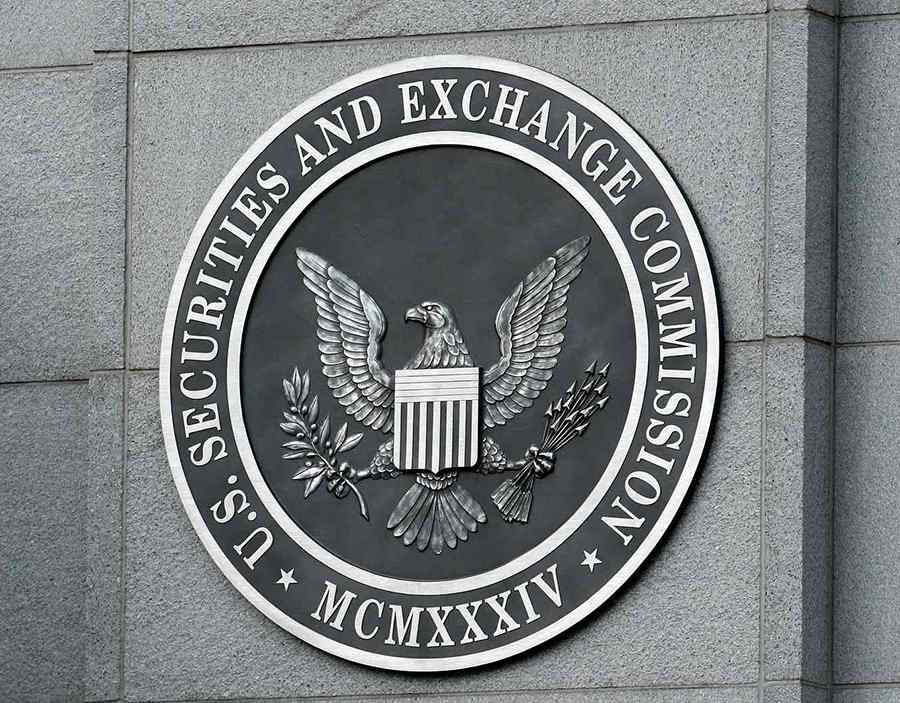
The SEC delays decisions on applications for cryptocurrency ETFs, including Dogecoin, XRP, and Litecoin, but the prospects for approval remain positive until October 2025
The SEC has delayed decisions on applications for cryptocurrency ETFs, including Dogecoin (DOGE), XRP, Litecoin (LTC), and Cardano (ADA), as well as other related products. The delays are due to procedural issues and uncertainty within the Commission's leadership. At the same time, the SEC has recognized applications for Hedera (HBAR) and Dogecoin ETFs. A final decision is expected to be made by October 2025. These changes reflect the general trend of cryptocurrency ETF development in the U.S.

CoreWeave signs a $11.9 billion deal with OpenAI to provide AI infrastructure, helping offset revenue losses after the suspension of Microsoft contracts
CoreWeave has signed a five-year agreement with OpenAI worth up to $11.9 billion. As part of the deal, OpenAI will invest $350 million in CoreWeave stock, and the company will provide infrastructure for AI. This agreement will help CoreWeave offset revenue losses caused by the suspension of Microsoft contracts due to missed deadlines. The company, which provides cloud solutions with graphics processors for AI developers, plans to conduct an IPO. Its competitors include Amazon, Oracle, and Google.
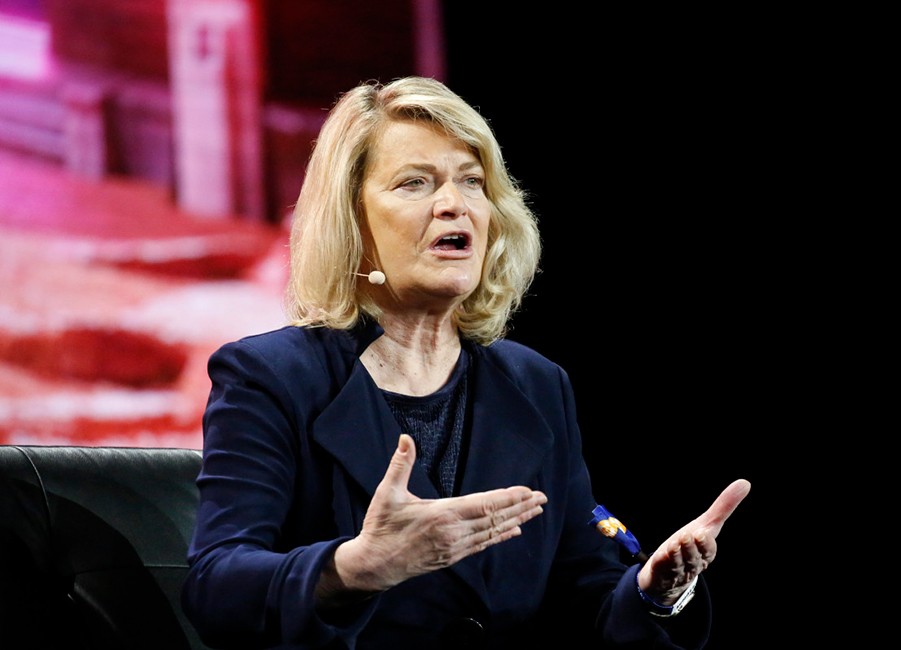
Senator Cynthia Lummis reintroduces a bill to purchase 1 million bitcoins for the U.S. national reserve, aiming to strengthen the country's cryptocurrency strategy
Senator Cynthia Lummis announced the reintroduction of a Bitcoin bill supported by Senator Jim Justice from West Virginia. The bill proposes that the U.S. government purchase 1 million bitcoins for the national reserve. Lummis had already tried to push this initiative in 2024, but it did not receive enough support. Now, with the beginning of the new Congress session, the senator is eager to revive efforts to integrate Bitcoin into the U.S. economy. The bill envisions more active use of cryptocurrency at the federal level.
Best news of the last 10 days
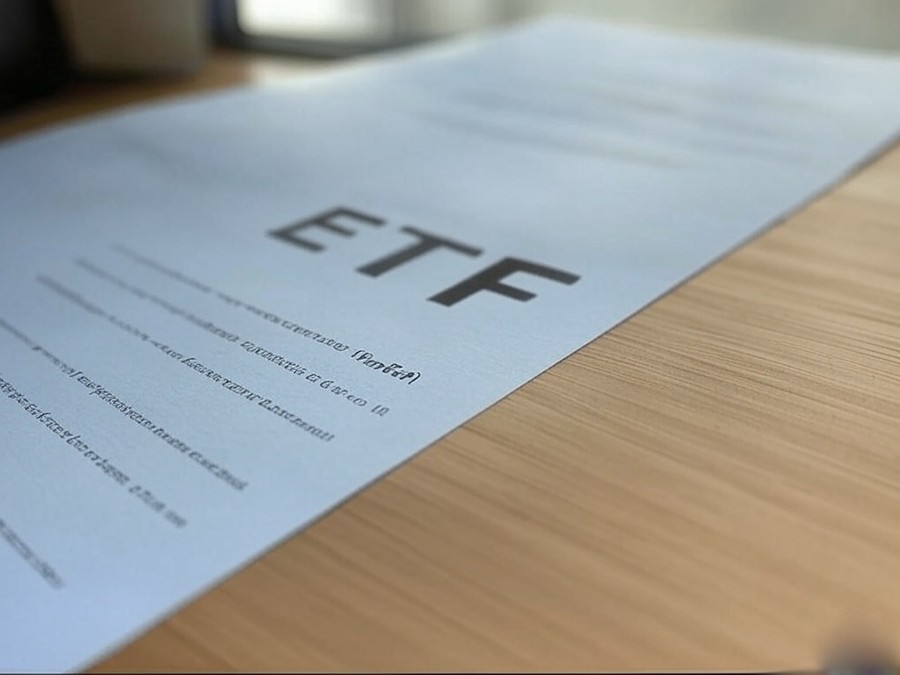
VanEck has filed an application to create an ETF based on Avalanche, highlighting the growth of institutional interest and the potential of the AVAX token for financial innovations

Coinbase resumes operations in India after obtaining approvals from the Financial Intelligence Unit (FIU), with plans to launch retail services and expand its crypto platform in 2025
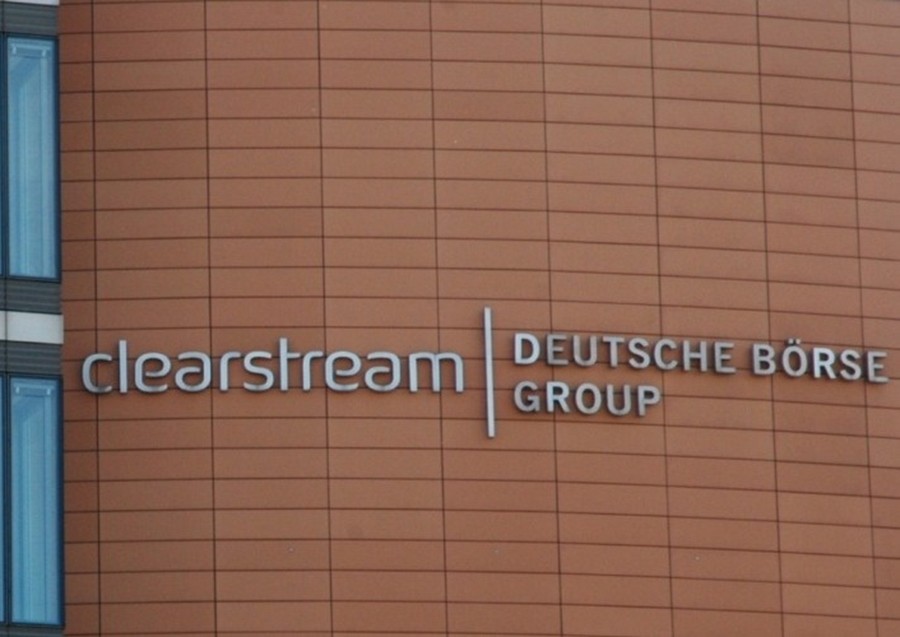
Deutsche Boerse through Clearstream launches custody and settlement services for cryptocurrencies for institutional clients, including Bitcoin and Ethereum, from April 2025
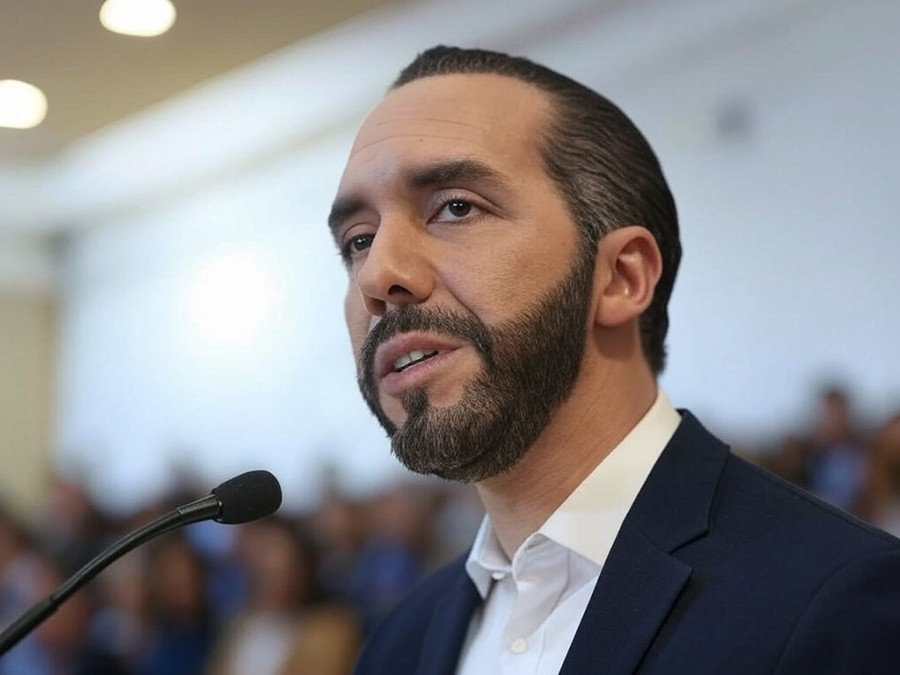
El Salvador and Paraguay have signed a cooperation agreement on cryptocurrency regulation to combat illegal operations and improve control over money laundering

The hacker group Dark Storm has claimed responsibility for the large-scale cyberattack that caused disruptions on the social network X (formerly Twitter)
The hacker group Dark Storm has claimed responsibility for a cyberattack that caused global disruptions on the social network X (formerly Twitter). Elon Musk, the owner of the platform, stated that the attack was large-scale and pointed to IP addresses from Ukraine as a possible source of the threat. Musk mentioned that although X faces cyberattacks daily, this one was particularly powerful and organized, likely involving a large group or a state. Despite deteriorating relations with Ukraine, Musk assured that Starlink services would continue to operate in the country.
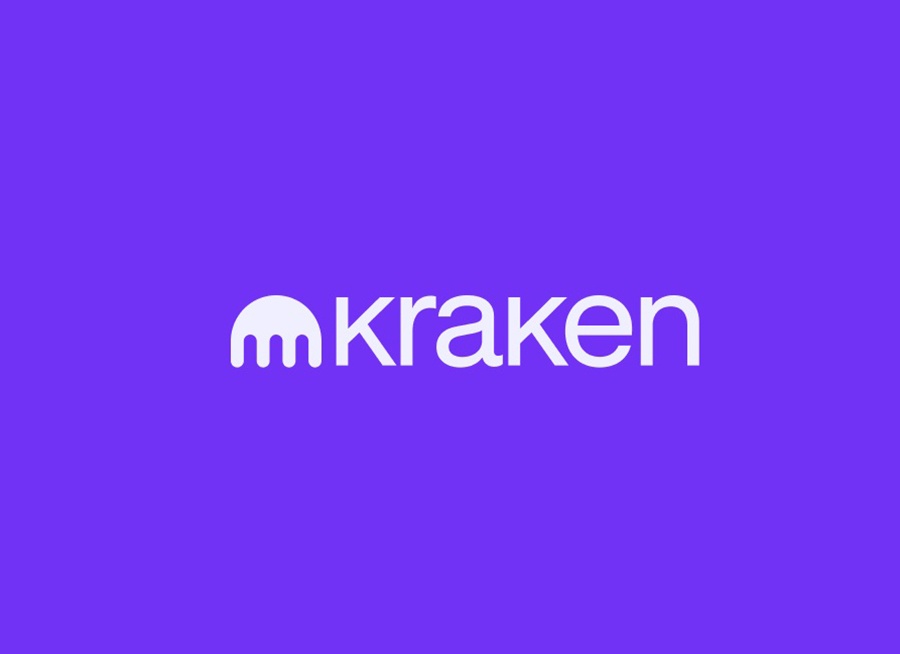
Kraken receives an EMI license from the UK FCA, accelerating development in the crypto market and opening new opportunities for secure transactions and products for clients
Kraken has received an electronic money institution (EMI) license from the UK Financial Conduct Authority (FCA), which accelerates the company's growth in the British market. The license allows issuing electronic money, ensuring faster and safer transactions for clients. This is an important step in Kraken's expansion strategy, opening opportunities for the development of new products and partnerships with financial institutions in the UK.

Thailand has approved stablecoins Tether (USDT) and Circle (USDC) for cryptocurrency transactions, ensuring their listing on exchanges starting March 16, 2025
The Thai Securities and Exchange Commission (SEC) has approved the use of stablecoins Tether (USDT) and Circle (USDC) for cryptocurrency transactions, allowing their listing on the country’s regulated exchanges starting from March 16, 2025. These stablecoins will be added to already approved cryptocurrencies such as Bitcoin (BTC), Ether (ETH), and XRP. This move is aimed at legalizing cryptocurrencies in Thailand and supporting innovations in payment technologies, providing cheaper and faster money transfers both within the country and abroad.
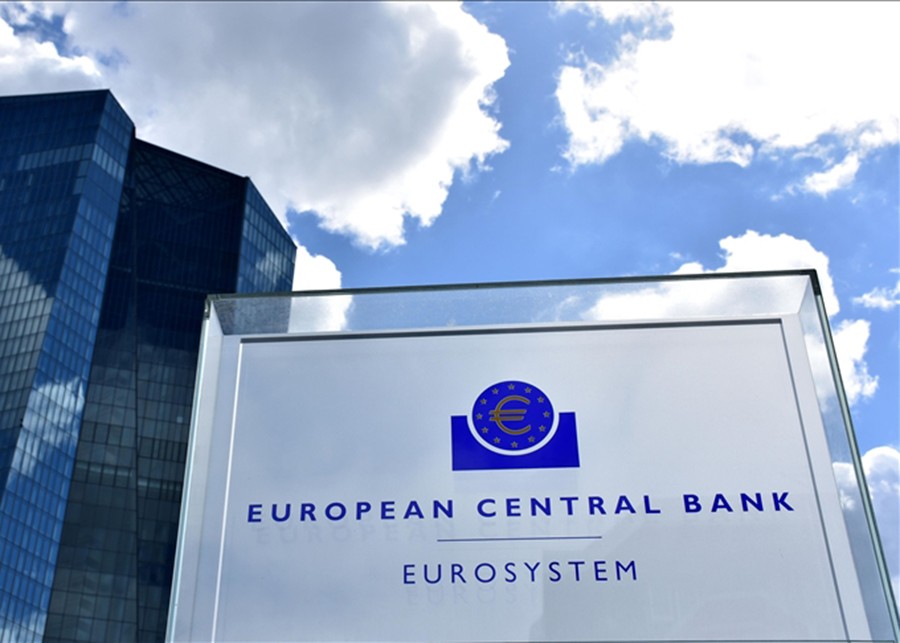
The European Central Bank (ECB) plans to release the digital euro by October 2025, despite doubts from lawmakers due to the recent failure in the Target 2 system
The European Central Bank (ECB) plans to launch the digital euro by October 2025, after the relevant legislation is adopted. Despite this, lawmakers express doubts due to the recent failure in the Target 2 system, raising concerns about the reliability of the digital currency. The ECB is confident that the digital euro will function similarly to the TIPS instant payment system, ensuring round-the-clock availability. If successfully implemented, the EU will follow the example of countries like the Bahamas and Nigeria, which have already launched their digital currencies.

